June 15, 2018
Noise pollution in offices is worsening and people are leaving jobs as a result
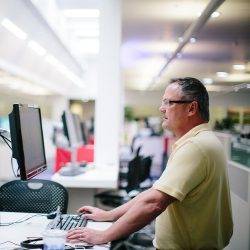 The majority of executives and employees report near-constant noise in their workplace and many say they lack quiet space for meetings or to focus, a new report from Oxford Economics, commissioned by Plantronics has claimed. According to the report, conditions are much worse now than three years ago when Oxford Economics conducted its first study. The report polled senior executives and non-manager employees in the UK and across the globe to learn more about productivity and collaboration as it relates to the open office. It found that open offices aren’t delivering on collaboration and productivity goals. Instead, employees are finding alternative ways to find quiet space and focus. In fact three quarters of employees say they need to take walks outside and 32 percent listen to headphones to focus and block out distraction, while employees in the noisiest office environments are more likely to say they’ll leave their job in the next six months.
The majority of executives and employees report near-constant noise in their workplace and many say they lack quiet space for meetings or to focus, a new report from Oxford Economics, commissioned by Plantronics has claimed. According to the report, conditions are much worse now than three years ago when Oxford Economics conducted its first study. The report polled senior executives and non-manager employees in the UK and across the globe to learn more about productivity and collaboration as it relates to the open office. It found that open offices aren’t delivering on collaboration and productivity goals. Instead, employees are finding alternative ways to find quiet space and focus. In fact three quarters of employees say they need to take walks outside and 32 percent listen to headphones to focus and block out distraction, while employees in the noisiest office environments are more likely to say they’ll leave their job in the next six months.







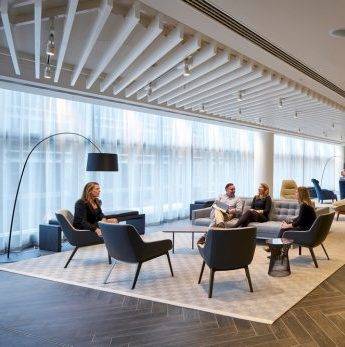
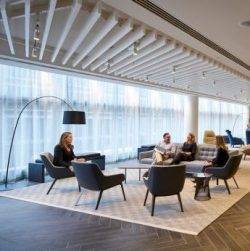 A major research study “
A major research study “
 Business Secretary Greg Clark proposed new laws in Parliament yesterday (June 11th) that new large firms will have to justify their chief executives’ salaries and reveal the gap to their average UK worker. It means that for the first time, UK listed companies with more than 250 UK employees will have to disclose and explain this difference – known as ‘pay ratios’ – every year. However, according to data published today by the Chartered Management Institute (CMI) and
Business Secretary Greg Clark proposed new laws in Parliament yesterday (June 11th) that new large firms will have to justify their chief executives’ salaries and reveal the gap to their average UK worker. It means that for the first time, UK listed companies with more than 250 UK employees will have to disclose and explain this difference – known as ‘pay ratios’ – every year. However, according to data published today by the Chartered Management Institute (CMI) and 


 The provision of flexible office space is increasing as landlords look to capitalise on its increasing demand by occupiers. Alongside this a significant proportion would be happy to work in partnership with a flexible office space provider. According to a new study; UK Landlords & Investors Embrace the Flexible Revolution from CBRE, the majority of UK landlords (92 percent) believe that flexible office space is on the brink of becoming mainstream and are not only keen to monitor but respond to the growth of flexible office space. Over three quarters (77 percent) of survey participants stated that they are currently considering some form of flexible provision, with 79 percent declaring an intention to act within the next 12 months.
The provision of flexible office space is increasing as landlords look to capitalise on its increasing demand by occupiers. Alongside this a significant proportion would be happy to work in partnership with a flexible office space provider. According to a new study; UK Landlords & Investors Embrace the Flexible Revolution from CBRE, the majority of UK landlords (92 percent) believe that flexible office space is on the brink of becoming mainstream and are not only keen to monitor but respond to the growth of flexible office space. Over three quarters (77 percent) of survey participants stated that they are currently considering some form of flexible provision, with 79 percent declaring an intention to act within the next 12 months. 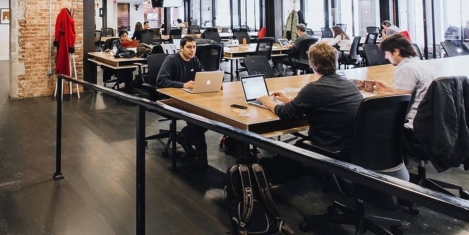
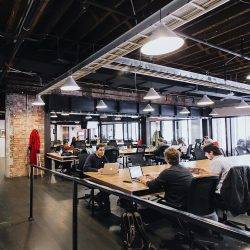
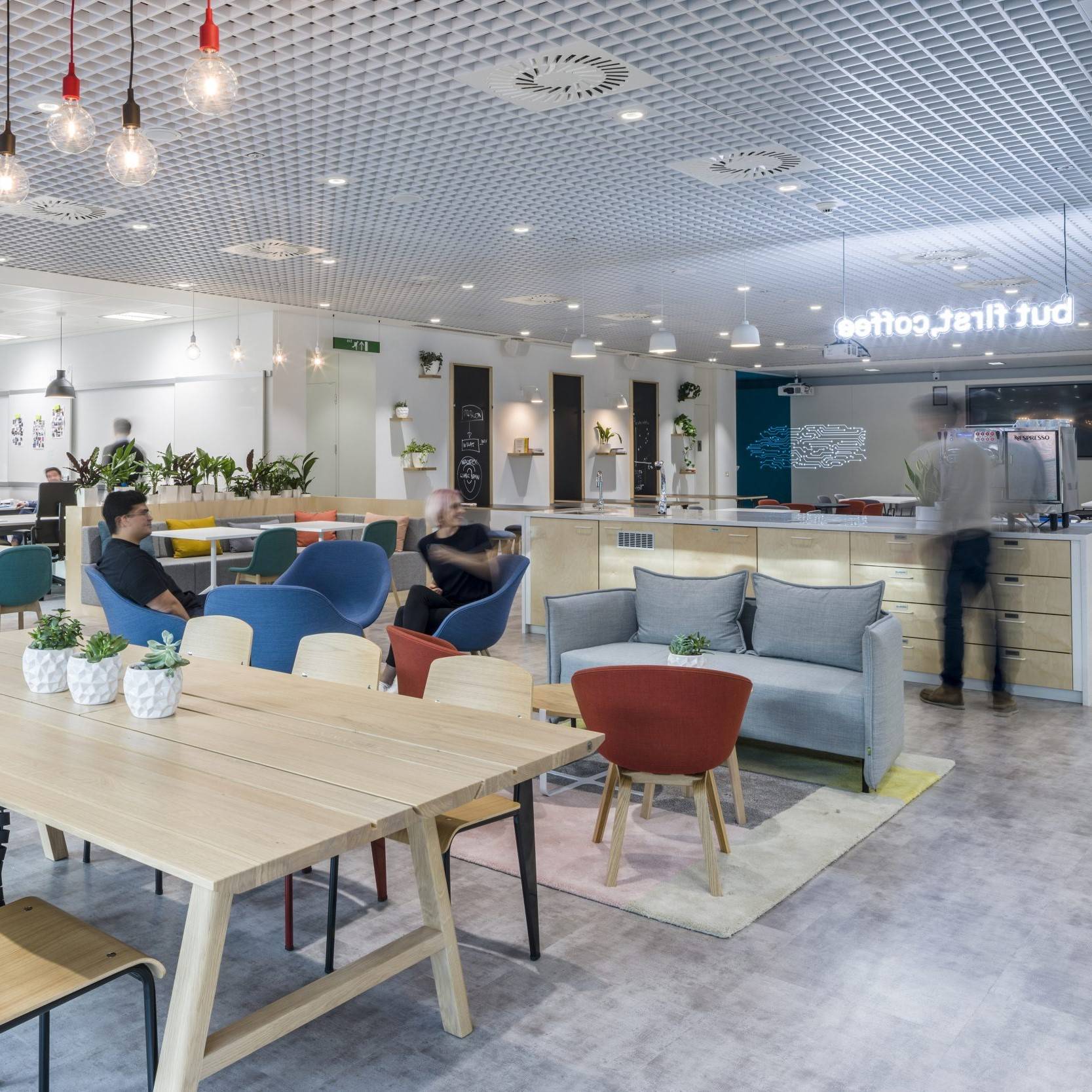
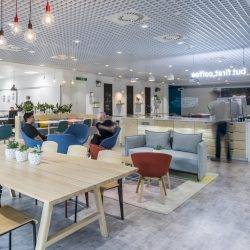



 More than 6 million UK adults are already self-employed or working as a contractor in the so-called gig economy, with a further 6 percent of currently full-time professionals looking to make the transition this year. New research of more than 2,000 UK adults commissioned by
More than 6 million UK adults are already self-employed or working as a contractor in the so-called gig economy, with a further 6 percent of currently full-time professionals looking to make the transition this year. New research of more than 2,000 UK adults commissioned by 

















